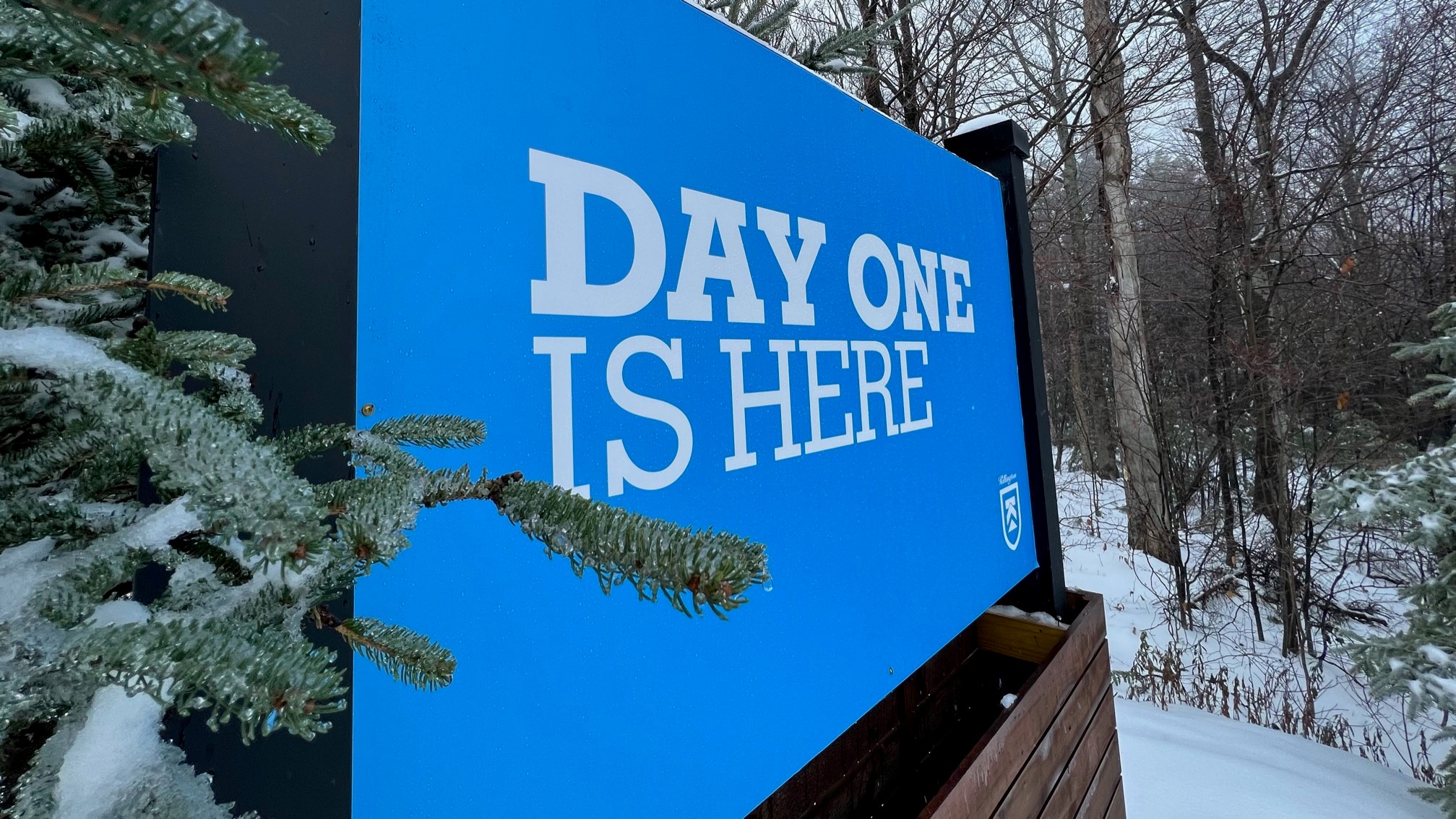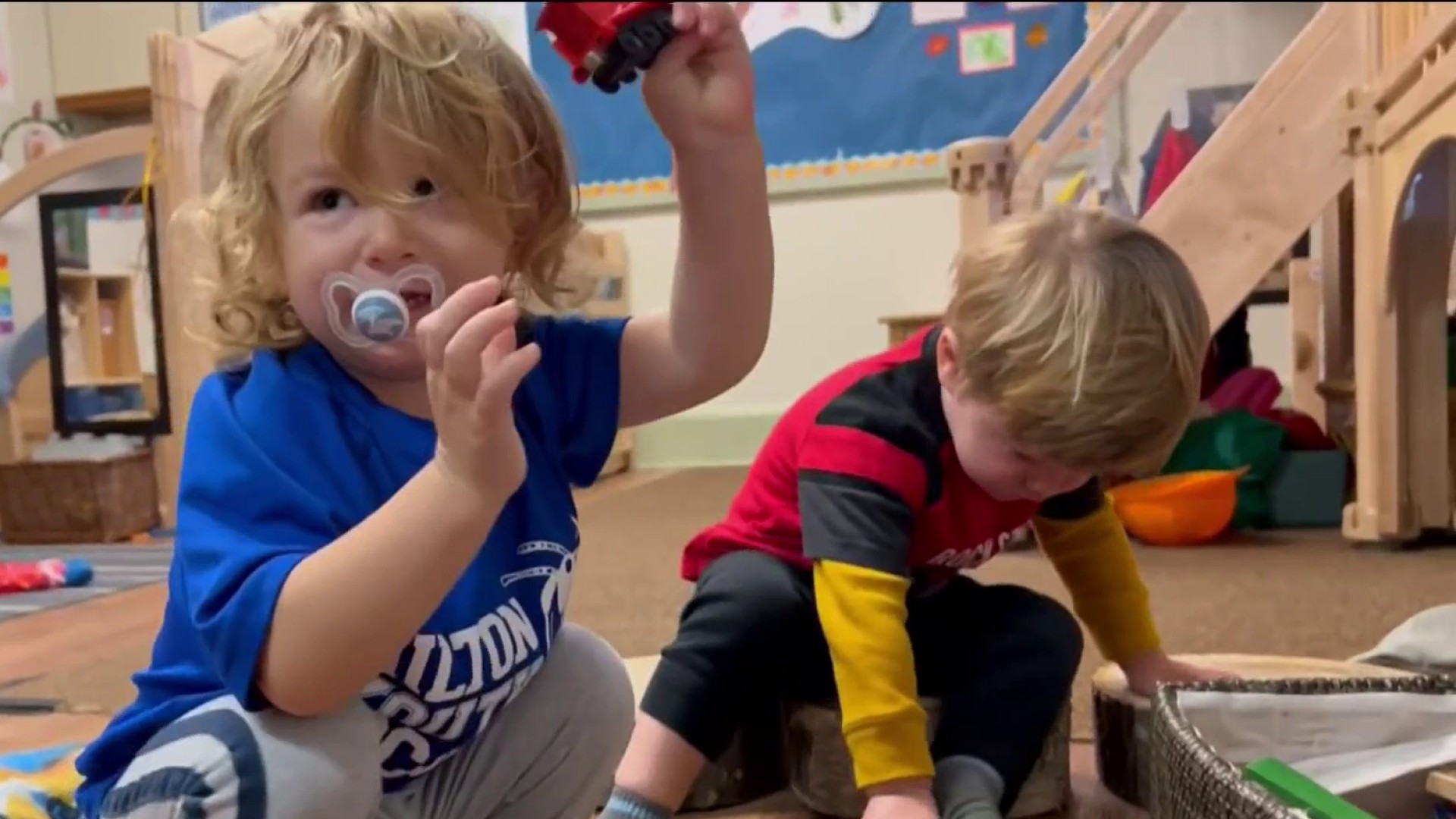In Vermont, a state where many have said it can often be difficult to find an affordable place to live, advocates say the housing crisis is having an effect that’s rarely talked about: forcing families to stay in abusive situations or stay in emergency shelters longer.
For 20 years now, Laurie’s House has provided refuge for survivors of domestic and sexual violence, including stalking, in Vermont’s Franklin and Grand Isle Counties — from a location NECN & NBC10 Boston are not disclosing, due to safety concerns.
“We know that domestic violence is the leading cause of homelessness for women and children,” said Shannon McMahon of Voices Against Violence, a program of the Champlain Valley Office of Economic Opportunity.
In an interview conducted Thursday at the administrative offices of Voices Against Violence, offsite from the shelter, McMahon, the organization’s advocacy coordinator, and Kris Lukens, its director, said more than ever, the region’s housing crisis is adding growing challenges to their work.
Get Boston local news, weather forecasts, lifestyle and entertainment stories to your inbox. Sign up for NBC Boston’s newsletters.
More Vermont news
“Emergency shelters are turning more into longer-term housing,” Lukens noted, explaining rising rents and not enough housing stock— on top of high inflation— mean people are staying longer at the shelter than they once did.
Lukens said average stays are now measured in months instead of days or weeks, as they once were, as survivors struggle to find a safe and affordable place to go.
“It’s just such a tight market, they can’t find anything,” Lukens lamented, adding that peer organizations serving other communities are reporting the same pressure.
The individuals staying in the shelter have left unsafe and violent homes, but others may feel stuck in them, domestic violence survivor Amanda Hilliker pointed out.
“It’s hard when you need to get out of a situation and the cost of living is so terrible that you can’t,” said Hilliker, who emphasized she is in a safe and confident place in her life today. “You just stay in the situation that you’re in.”
Hilliker is open about the domestic violence she survived, telling NECN & NBC10 Boston Laurie’s House helped her nearly a decade ago to get away from her abuser. Now a housing advocate and emergency hotline worker herself, Hilliker sometimes wonders where she’d be without that boost from the shelter.
“I truly think I would’ve put myself through that cycle, that perpetual cycle of going back, just because I was a single mom with three kids and one income,” Hilliker speculated. “It’s really hard to leave when you can’t afford things on your own. So you just kind of deal with it to survive. And I think I would’ve been thrown right back into that.”
Laurie’s House has faced this tough climate with added programming, relationships to help with overflow emergency housing in hotels, and by opening transitional apartments, McMahon and Lukens said.
As it launches a $20,000 fundraising campaign to celebrate 20 years of the emergency shelter, Voices Against Violence said it’s really grateful for top-level attention from state leaders on the housing crisis.
“We need more infrastructure,” McMahon observed.
Voices Against Violence vows to keep working for change as long as community members are hurting. It operates a 24-hour crisis line, at 802-524-6575, as well as a chat line which is monitored during regular business hours on weekdays.
If you’re located in a different region of Vermont, click on the website of the Vermont Network Against Domestic and Sexual Violence to find information on resources close to you.
If you or someone you know is experiencing domestic violence, contact the National Domestic Violence Hotline by calling 1-800-799-SAFE (7233), visiting www.thehotline.org or texting LOVEIS to 22522.



